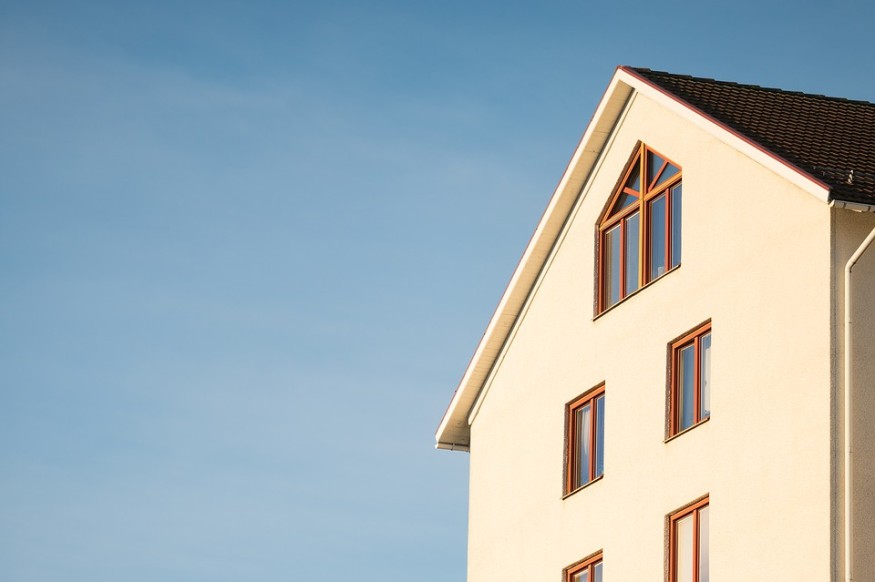Things to Keep in Mind for Rental Property Insurance

As a landlord, it's vital to have your property insured. Having tenants is a stressful experience, especially considering that sometimes it feels like you have no control over the property and how it's used.
Rental property insurance covers aspects such as the loss of rent, property that belongs to the landlord, and physical damage to the dwelling itself. This said, insurers wouldn't cover property owned by tenants under this insurance.
This type of insurance, thankfully, also protects you should someone become injured on the property. In addition, this liability coverage ensures that you aren't held accountable for the tenant's mishaps.
Further, when we say protecting for loss of rent, we don't mean late payments. Instead, we mean to say that insurers cover you if a property becomes uninhabitable, such as in the case of a fire.
Now that we've covered what rental property insurance is exactly let's look at what you need to keep in mind.
What's the Difference Between Home and Rental Property Insurance?
Rental property insurance, otherwise known as landlord insurance, has a few differences from homeowners insurance. Essentially, homeowners insurance policies can extend to the short-term renting of property, depending on whether your policy provides for it.
However, it's likely, particularly if you don't even live in the home, and especially if you plan on renting in the long-term (say six months or more), you'll need to get yourself landlord insurance.
They do share similarities, though.
Both landlord and homeowners insurance cover damage and loss from natural causes as well as break-ins (if opted for). Of course, the extent of coverage depends significantly on the insurance plan.
Renters Insurance
You might be wondering, although we've mentioned how you're protected, but what about your tenants? This falls into renters insurance, and this is something that you can make as a leasing condition.
Unfortunately, neither homeowner nor rental property insurance cover the tenant's personal property.
What May Not Be Covered
Several things may not be covered by landlord insurance, though it does depend on the provider. For example, your insurance may not cover your personal belongings that do not relate to the property's upkeep, maintenance on in-home appliances, and certain types of damages.
Lowering Costs
This depends significantly on the age, location, and state of your property. It's also important to note that homeowner's insurance is generally cheaper than rental property insurance.
With this in mind, it's crucial that before you sign up for landlord insurance, you ensure that your property's state is decent (this means repairing cracks in the wall, replacing older features, and even installing smart home devices).
In fact, many insurance companies will give you a discount if you install these devices.
Beyond Basic Cover
Beyond standard landlord insurance coverage, you may opt to protect your property further (at extra costs). For example, you could purchase cover to protect yourself in the case of:
Coverage for break-ins: this is particularly helpful if the property is located in high-crime areas.
Temporary renovations coverage: if your property is currently undergoing renovations and tenants can't inhabit it, you can opt to receive rent reimbursement for this.
Home vandalism coverage: it's always helpful to have if the property is located in a bad neighborhood.
Are You Curious?
If you want to know more about rental property insurance, visit the site to get all the information you might need. Insurance is a vital component of modern life. Life is uncertain, and we can never be sure about what might happen, so planning for potentialities is always the best way to go.
Subscribe to Latin Post!
Sign up for our free newsletter for the Latest coverage!
© 2026 Latin Post. All rights reserved. Do not reproduce without permission.














